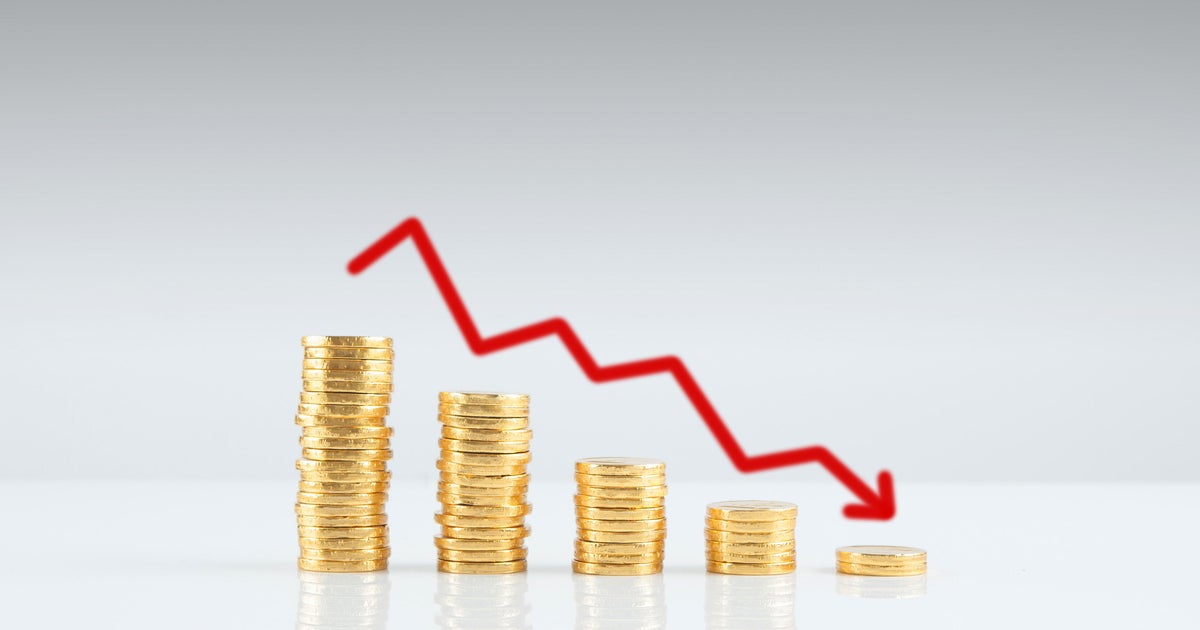

No response returned

Gold has long stood out as a fascinating investment asset, not just because of its shimmer, but because of to investors in uncertain economic times. Over the past year and a half, its reputation as has only grown stronger, too. With investors facing mounting concerns over , market volatility and a potential economic slowdown, many rushed to gold in recent months as a way to and stabilize their portfolios. And that, in turn, has had a big impact on gold's value.
To put things in perspective, gold was priced at about $2,063 per ounce back in January 2024 — a level that, at the time, seemed steady and accessible. But by April 2025, the story had dramatically changed. During that time, gold smashed through prior price records, before settling where it sits today at . Even with the recent dip, that represents a significant price surge in less than 18 months and is one of the sharpest runs the precious metal has seen in years.
But , it's natural to wonder how it holds up under pressure. For example, what happens to gold during a recession? Does its value hold steady, rise even further or take a hit? Below, we'll take a closer look.
.
While it's impossible to accurately predict what will happen with the price of gold in the future — or during a future recession — regarding how gold performs during downturns should be reassuring for gold investors.
In the past, gold has demonstrated remarkably consistent performance during economic downturns. That's because when recessions hit, stock markets tend to tumble, consumer confidence drops and uncertainty takes hold. In these moments, investors tend to flock to gold. As a result, gold has generally gained value during past recessions.
During the Great Recession from 2007 to 2009, for instance, gold prices rose sharply as investors fled the stock market. Similarly, during the COVID-19 pandemic in late 2020, per ounce for the first time, reflecting widespread fears over economic shutdowns and market instability.
So why does gold tend to perform well during economic contractions? Several factors contribute to this pattern:
However, it's important to note that no asset is guaranteed to perform perfectly, even during a downturn. While gold tends to do well in recessions, there have been moments when it has dipped. But overall, gold's long-standing reputation as a store of value means it's typically one of the more resilient assets during economic downturns.
.
While recessions can boost gold prices, numerous other factors influence the precious metal's value, including:
With gold's price climbing over the past few months, it's no surprise that investors are increasingly eyeing the precious metal. Historically, gold has been one of the most reliable hedges against economic downturns, often gaining value during recessions as investors look for safety and stability. But while gold is generally resilient, it's not immune to short-term price fluctuations, especially as other forces like inflation, interest rates, geopolitical tensions, and currency shifts come into play.
So, if you're thinking about adding gold to your portfolio, remember that it's a long-term play. While recessions may boost gold prices, no one can perfectly predict market movements. Diversifying across asset classes and staying informed about the broader economic landscape can help you make smarter investment decisions.





